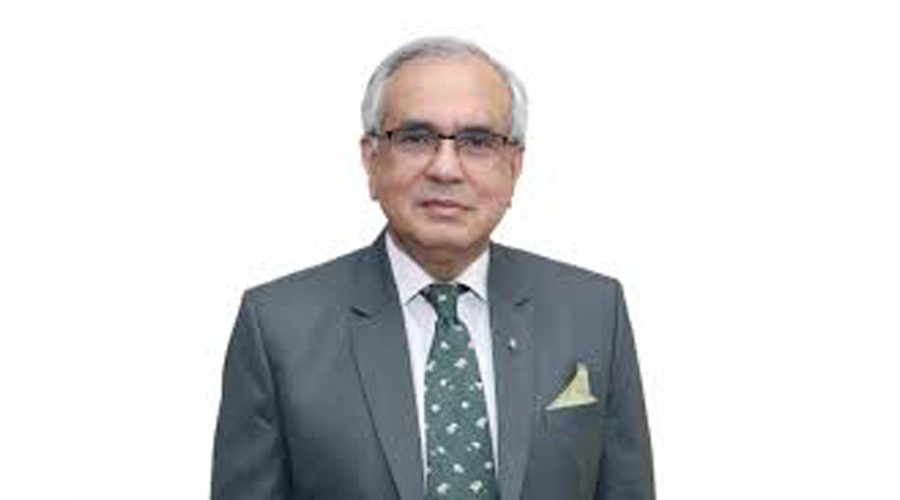The country needs to prepare for “greater uncertainty” in terms of consumer as well as investor sentiments because of the second wave of coronavirus infections, and the government will respond with fiscal measures as and when required, Niti Aayog vice-chairman Rajiv Kumar said on Sunday.
While acknowledging that the present situation has become far more difficult than it was in the past because of rising coronavirus infections, Kumar remained hopeful that the country’s economy will grow 11 per cent in the current fiscal ending March 31, 2022.
India is grappling with a spiralling number of Covid cases as well as related deaths, forcing many state governments to put in place restrictions on the movement of people.
According to Kumar, India was on the verge of defeating Covid-19 completely but some new strains from the UK and other countries have made the situation far more difficult this time around.
“Apart from their direct impact on some sectors such as the services sector, the second wave will increase the uncertainty in the economic environment which can have wider indirect effects on economic activities. So, we need to prepare for greater uncertainty, both in consumer and investor sentiments,” Kumar said.
To a query on whether the government is considering coming up with a fresh stimulus, the Niti Aayog vice-chairman said this question has to be answered after the finance ministry analyses both the direct and indirect impact of the second Covid wave.
“As you have seen from the RBI’s response, the expansionary policy stance has been continued and I am sure the government will respond with necessary fiscal measures also as and when it is necessary,” Kumar said.
Earlier this month, the Reserve Bank left the benchmark interest rate unchanged at 4 per cent but maintained an accommodative stance to boost the economy.
Downgrade worry
Leading brokerages have downgraded India’s GDP growth projections for the current fiscal year to as low as 10 per cent on local lockdowns threatening fragile recovery.
While Nomura has downgraded projections of economic growth for the fiscal ending March 2022 to 12.6 per cent from 13.5 per cent earlier, JP Morgan now projects GDP growth at 11 per cent from 13 per cent earlier.
UBS sees 10 per cent GDP growth, down from 11.5 per cent earlier and Citi has downgraded growth to 12 per cent.
India’s GDP growth had been on the decline even before the pandemic struck earlier last year. From a growth rate of 8.3 per cent in 2016-17, the GDP expansion had dipped to 6.8 per cent and 6.5 per cent in the following two years and to 4 per cent in 2019-20.
The RBI has projected 2021-22 GDP growth at 10.5 per cent, while IMF puts it at
12.5 per cent. The World Bank sees 2021-22 growth at 10.1 per cent.











